Introduction to the C.W. Park USC Lawsuit
C.W.Park USC lawsuit has captured headlines and sparked conversations across campuses nationwide. At the centre of this legal battle is a clash between an individual’s rights and a prestigious institution’s policies. As details unfold, supporters and critics have taken their positions, making understanding what led to this contentious dispute essential C.W. Park USC Lawsuit.
This case promises to set important precedents for universities everywhere, shedding light on how institutions handle misconduct allegations. As we dive into the complexities surrounding the parties involved and the severe claims at play, you’ll gain insight into this specific lawsuit and its broader implications for higher education. Stick around as we unpack each layer of the C.
C.W.Park USC lawsuit—it’s a journey you won’t want to miss!
Background on the Parties Involved
W. Park USC lawsuit centres around two main parties: C.
W. Park and the University of Southern California (USC).C.
W. Park is a prominent figure with a background that includes various academic and professional achievements. His experience in higher education positions him as someone well-versed in navigating institutional dynamics.
Conversely, USC is one of America’s leading private research universities, known for its rigorous programs and influential alumni network. The university has faced scrutiny over its policies and practices, particularly regarding student conduct and institutional accountability issues.
Both parties bring their respective narratives into this legal battle, making it essential to understand their motivations and stakes in this complex situation. Their contrasting perspectives highlight underlying tensions that resonate beyond just this case alone.
Allegations Made by C.W. Park
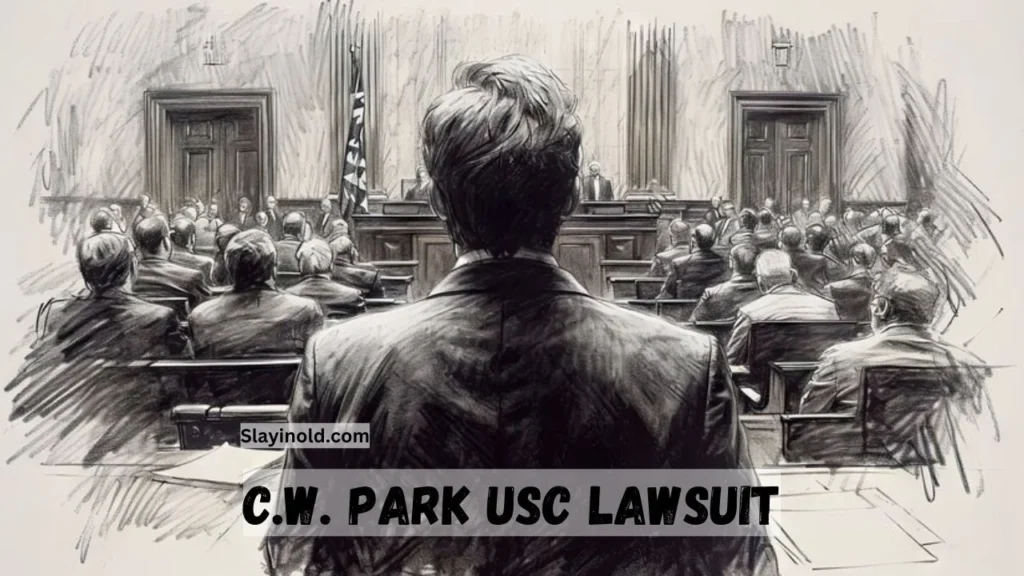
W. Park has made serious allegations against the University of Southern California (USC). These claims revolve around issues of discrimination and retaliation. Park asserts that he faced unfair treatment based on his race.
In his lawsuit, he details incidents where he felt marginalized within the university environment. He describes a pattern of behaviour that led him to believe USC did not adhere to its policies promoting equality.
Park also alleges that after raising concerns about these issues, he experienced professional repercussions. This includes denied promotions and a hostile work atmosphere.
The gravity of these accusations raises questions about USC’s handling of diversity and inclusion initiatives. The case highlights institutions’ ongoing challenges in fostering an equitable environment for all individuals involved.
USC’s Response and Defense
USC has firmly denied the allegations brought forth by C.
W. Park. The university framed its response as a commitment to uphold academic integrity and fairness in all processes.
In court documents, USC argued that due diligence was exercised throughout their interactions with Park. They maintained that decisions were based on established policies to protect students and faculty.
The defence team highlighted discrepancies in Park’s claims, suggesting inconsistencies within his narrative. USC asserted that thorough investigations had been conducted before the actions were taken against him.
Additionally, they emphasized their dedication to fostering an inclusive environment for all academic participants. Their aim was to defend against these specific allegations and reinforce their core values of transparency and equity within the institution’s framework.
Key Points and Evidence Presented in the Legal Battle
During the legal battle of the C.
W. Park USC lawsuit, multiple vital points emerged that shaped the courtroom dynamics.
First, testimony from former students painted a vivid picture of the alleged culture within USC. Their accounts highlighted systemic issues that some claimed were ignored by university officials.
Second, documents submitted as evidence included emails and internal memos. These communications raised questions about higher-level accountability and whether proper protocols were followed.
Expert witnesses also played a crucial role in this case. They provided insights into how similar allegations had been handled at other institutions, drawing parallels that could influence judgment.
Character references for both parties added emotional weight to the proceedings. The jury weighed these perspectives carefully while considering their broader implications on campus life and governance.
Impact on USC and Higher Education Institutions
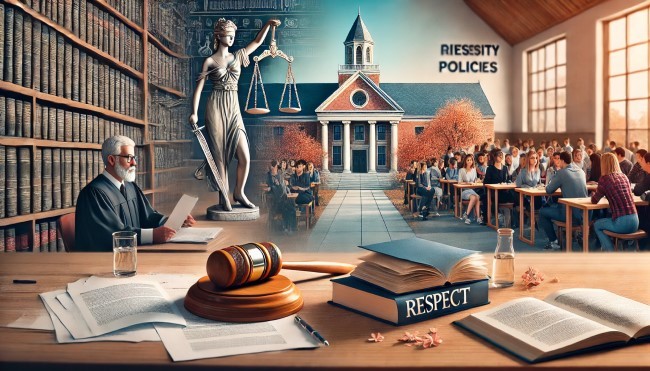
W. Park USC’s lawsuit has sparked significant discussions within academia. It highlights the vulnerabilities that many institutions face in legal matters.
USC’s reputation could be at stake, influencing prospective students and faculty. This scrutiny may shift how universities approach their internal policies and employee relations.
Beyond USC, other higher education institutions are re-evaluating their practices to preempt similar lawsuits. They are more likely to invest in training programs focused on compliance and ethics.
Increased transparency is also a potential outcome of this case. Colleges should adopt more apparent communication strategies regarding complaints and investigations.
As these shifts occur, the landscape of higher education will inevitably change. Institutions must adapt or risk facing legal challenges and public perception repercussions.
Conclusion: Lessons Learned from the C.W. Park USC Lawsuit
W. Park’s USC lawsuit has shed light on the complexities of legal battles within educational institutions. It emphasizes the importance of transparency and accountability.
Institutions must foster an environment where concerns can be voiced without fear. This case highlights how critical it is for universities to have robust policies protecting all parties involved.
Additionally, the response strategies employed by universities during such situations are vital. They can significantly influence public perception and trust.
As discussions around ethics and governance continue, this lawsuit serves as a reminder for higher education leaders everywhere. Prioritizing integrity and student welfare should remain at the forefront of their mission.
The journey through this legal battle offers valuable insights into navigating academic challenges while fostering a culture of openness and respect.
FAQs
The legal battle surrounding the C.
W. Park USC’s lawsuit has raised many questions and concerns for all parties involved, from individual plaintiffs to larger educational institutions. As this case unfolds, many wonder about its implications and potential outcomes.
What exactly led to the filing of the C.
W. Park USC lawsuit?
W. Park initiated legal action against the University of Southern California due to the alleged mishandling of various issues tied to his academic experience.
What allegations have been made by C.W. Park?
Park’s claims focus on several points, including accusations of discrimination, administrative process failures, and university officials’ unmet commitments.
How did USC respond to these allegations?
USC has firmly denied any wrongdoing and has adhered strictly to institutional policies regarding student relations.
What key evidence was presented during the trial?
During hearings, both sides introduced documents, witness testimonies, and expert opinions to support their respective positions on the matters at hand.
What could be the broader impact of this lawsuit on universities?
This case may serve as a precedent for how higher education institutions handle similar disputes regarding accountability and transparency moving forward.
Are there any updates available regarding this ongoing situation?
As legal proceedings continue, it’s essential for those interested in this matter or affiliated with USC to stay informed through reliable news sources covering developments related to the C.W. Park USC lawsuit.
Also read: Can Chickens Eat Kiwi
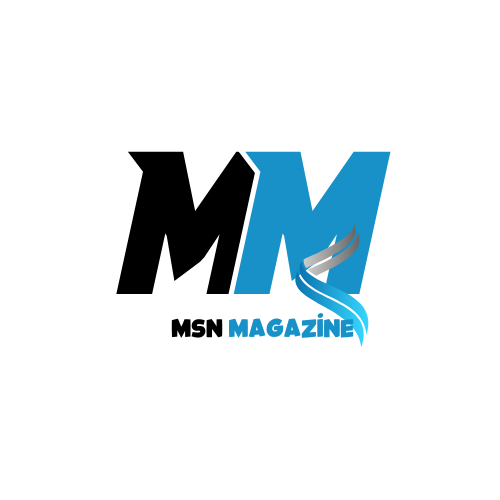
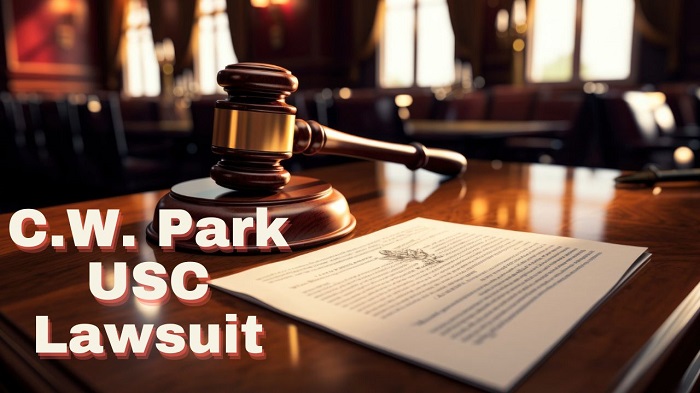

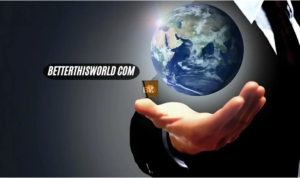
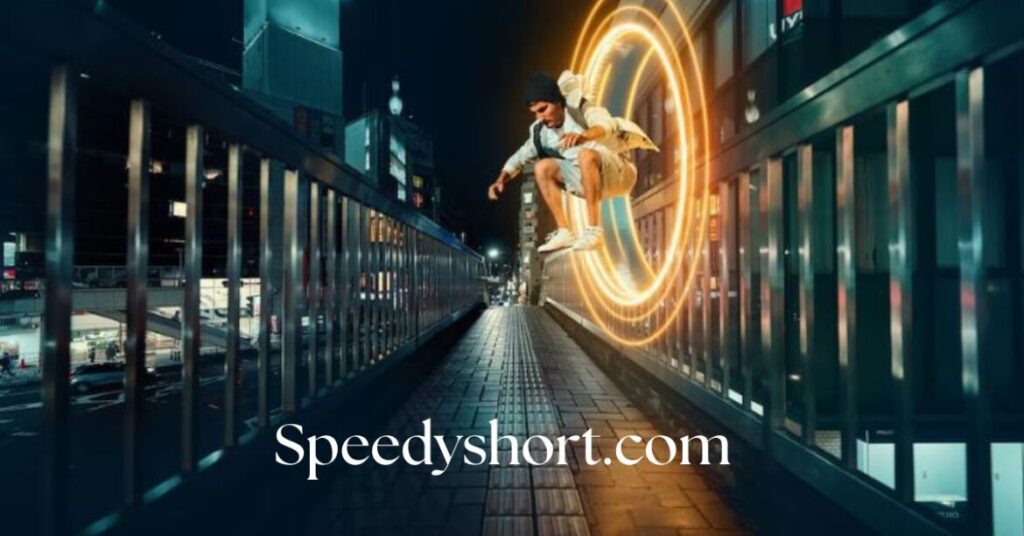


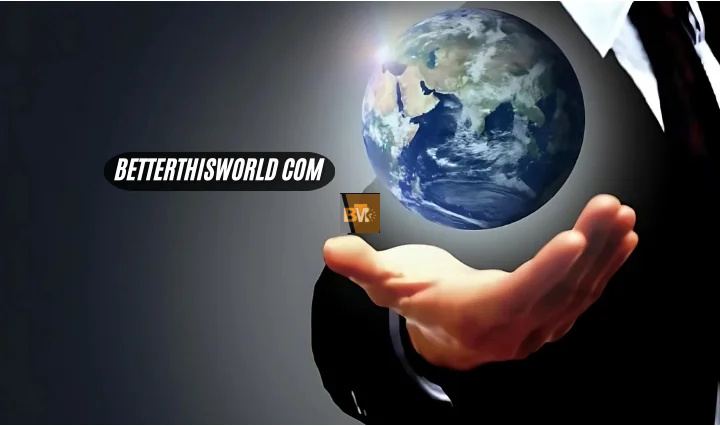
One thought on “The C.W. Park USC Lawsuit A Deep Dive into the Legal Battle”